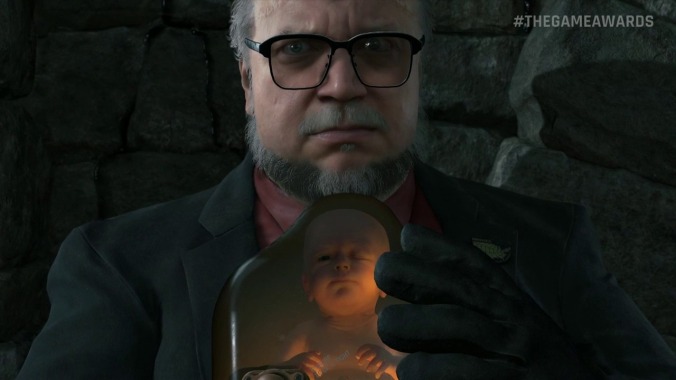Hideo Kojima wrote an essay on the similarities between Dunkirk and Death Stranding

Hideo Kojima is the legendary game designer who created the long-running and absolutely insane Metal Gear series. He’s also a cinephile who loves to talk about his favorite movies and the ones that influenced his iconic game series. It seems he’s found another film to add to that list of essentials, Christopher Nolan’s Dunkirk.
In an essay for Rolling Stone’s video game section, Glixel, Kojima fawned over the acclaimed WWII drama, calling it “a new kind of war movie.” Comparing it to his own work on Metal Gear, which emphasized stealth over the outright slaying of your enemies, Kojima applauds Dunkirk’s focus on escape and survival over direct armed conflict.
The film is a sober depiction of the Battle of Dunkirk, which was a large-scale evacuation of the British and French army during the Second World War. It’s an unconventional war movie in that sense too. You won’t find the excitement of defeating the German army (in fact, you won’t see the face of a single German soldier), instead, the focus is on escaping from the enemy.
The film’s suspense, he adds, is born entirely from “the action of escaping,” a technique that also fuels Metal Gear’s best moments and was inspired by a different WWII movie: The Great Escape. Kojima goes on to describe how the Metal Gear series was his “30-year struggle” to create an anti-war video game, and runs down the history and meaning of each game, starting with Metal Gear Solid 3, the first in the series, chronologically, and the first to be set within the Cold War era.
But Kojima has since moved on from Metal Gear, and it seems Dunkirk’s non-conflict approach might resonate just as strongly with the designer’s highly-anticipated project Death Stranding. He writes:
It’s been roughly 120 years since the advent of movies, and 59 for video games. We are still awash in a flood of games where defeating enemies is the focus. It’s time for video games to achieve their Dunkirk, their The Great Escape. We need a game that maintains the essence and fun unique to the medium, but also offers a completely new type of experience. What’s more, the interactive nature of video games means that this new experience will be deeper than movies or other media could hope to offer.
At the very least, this is what I believe, and I won’t run from the challenge.
For much more of Kojima’s analysis of Dunkirk and what he was trying to say with Metal Gear, check out the original essay.